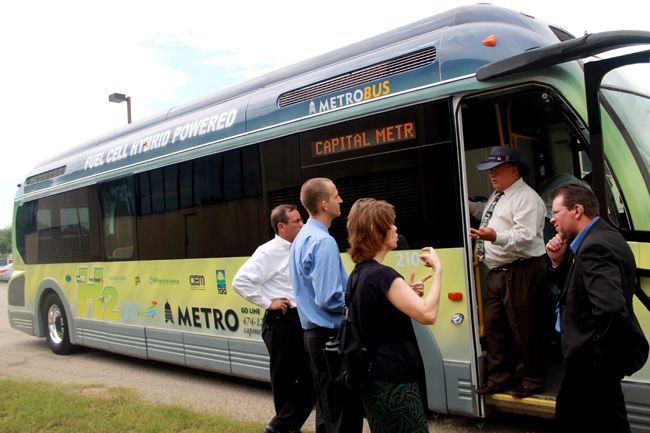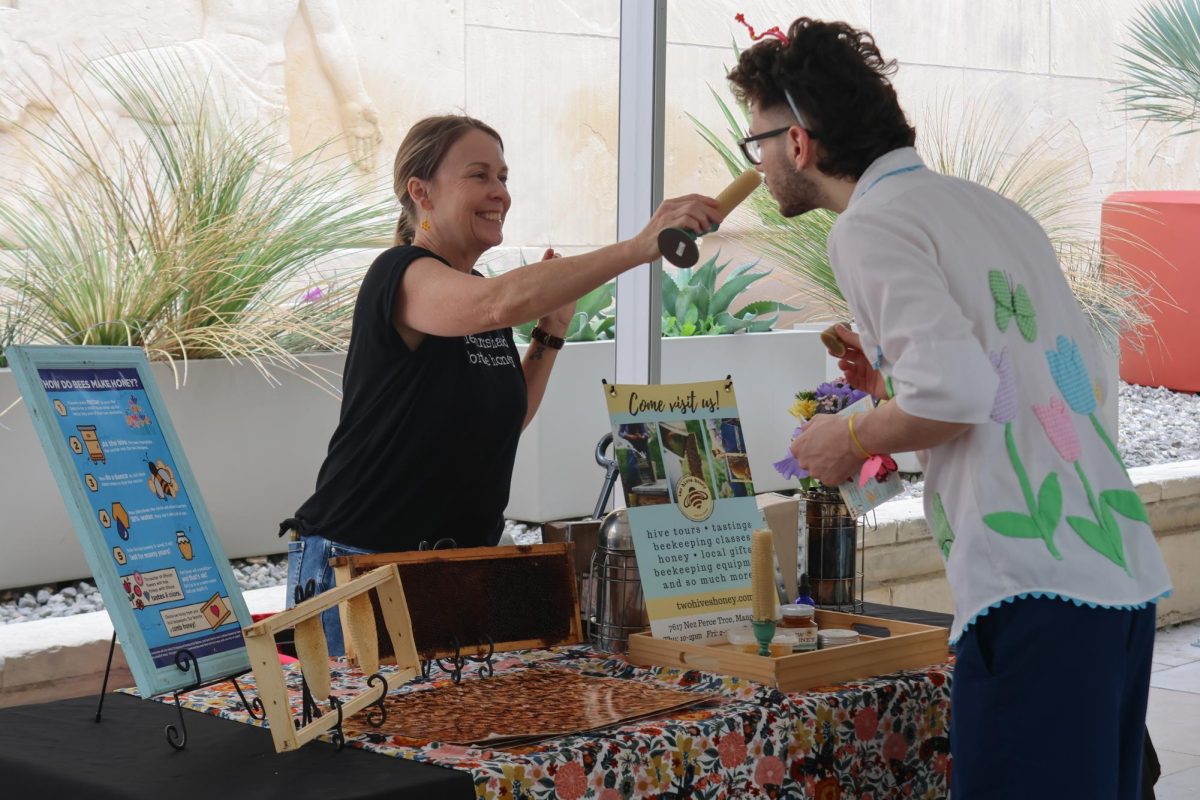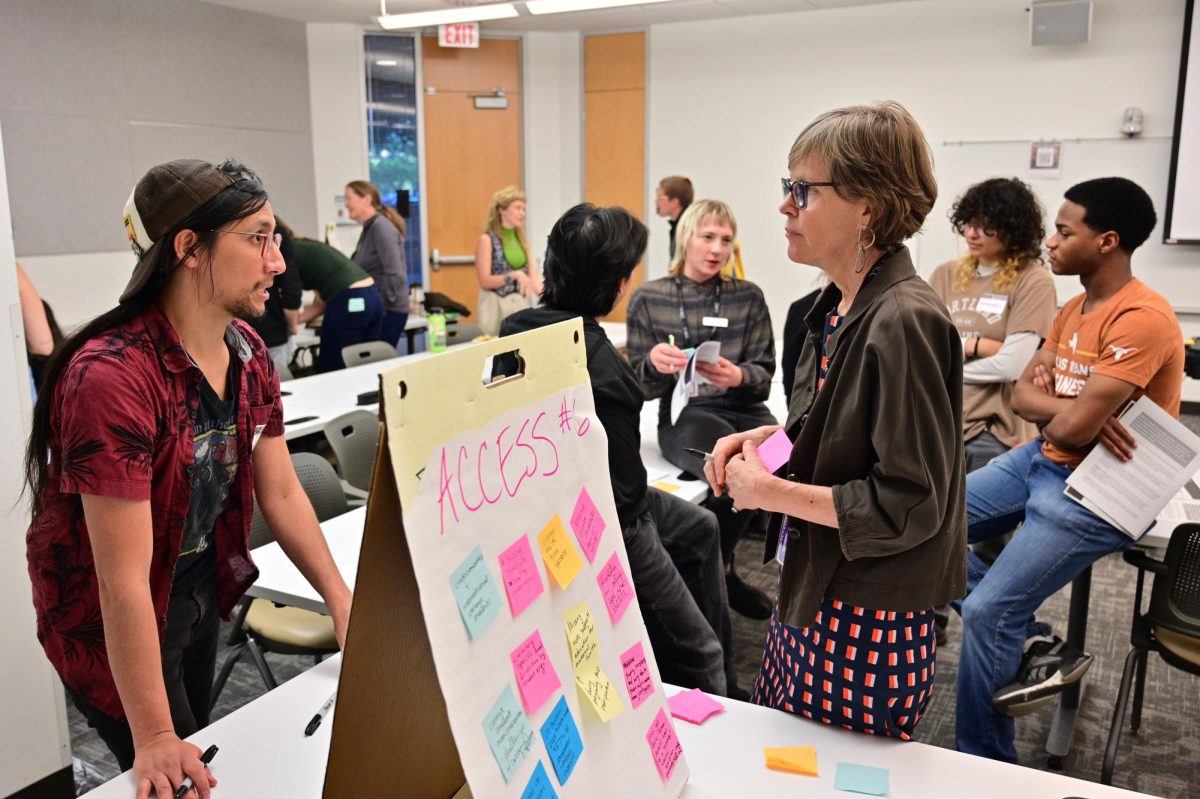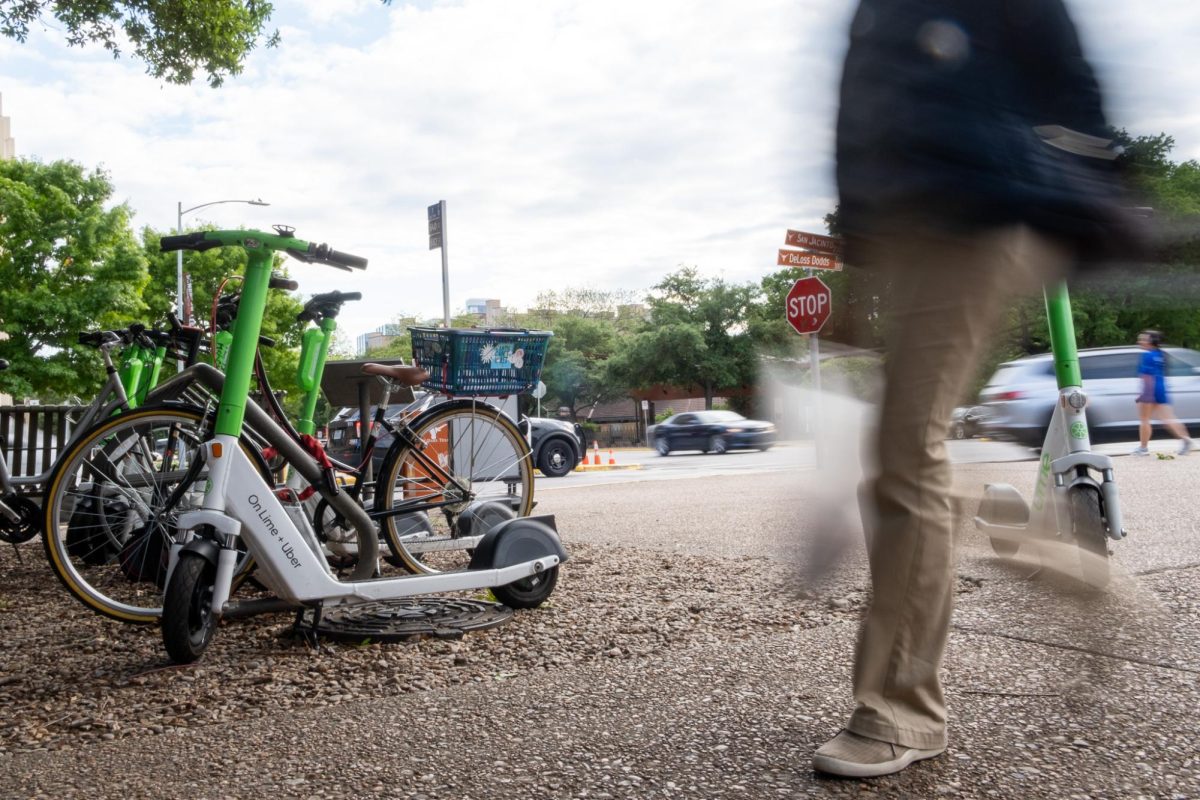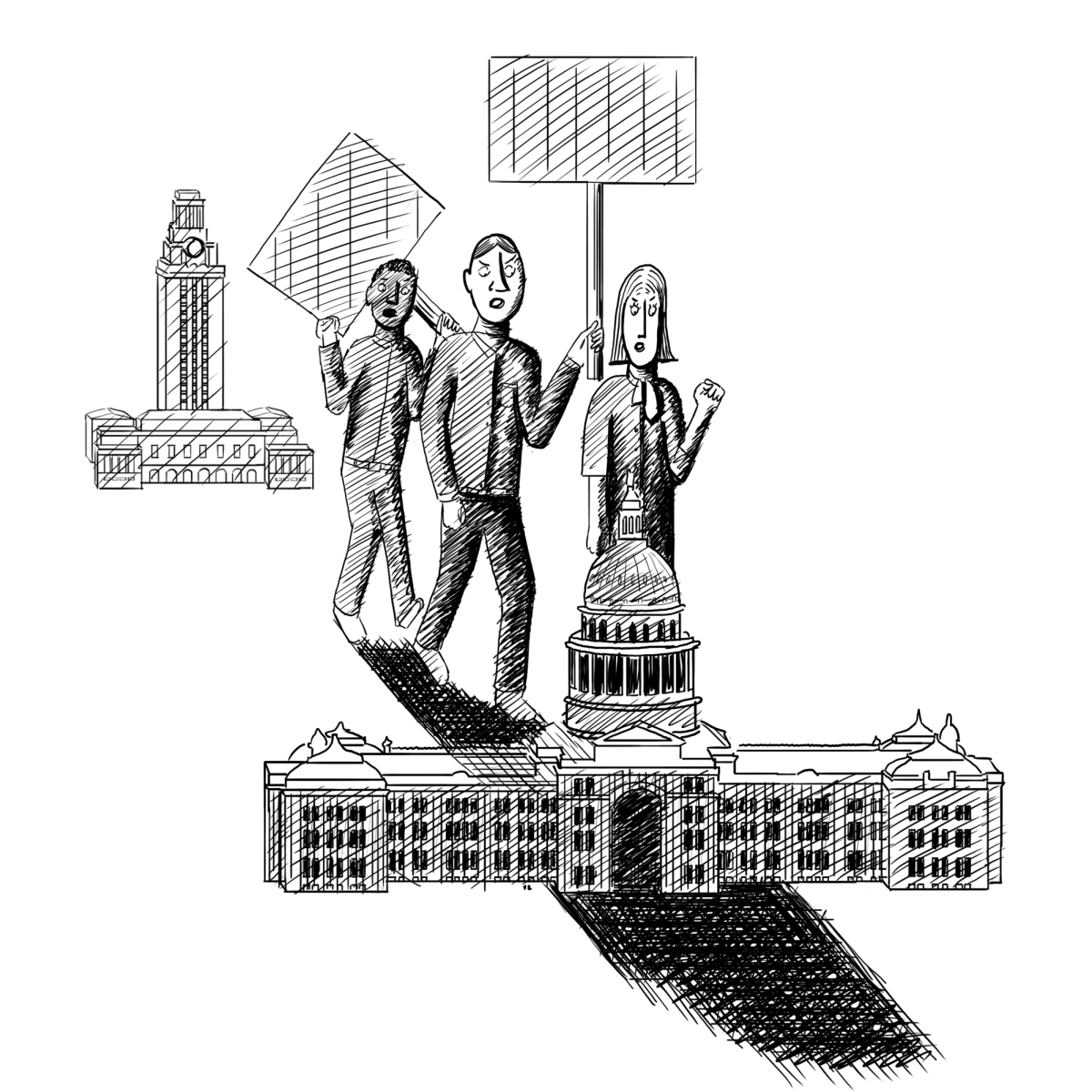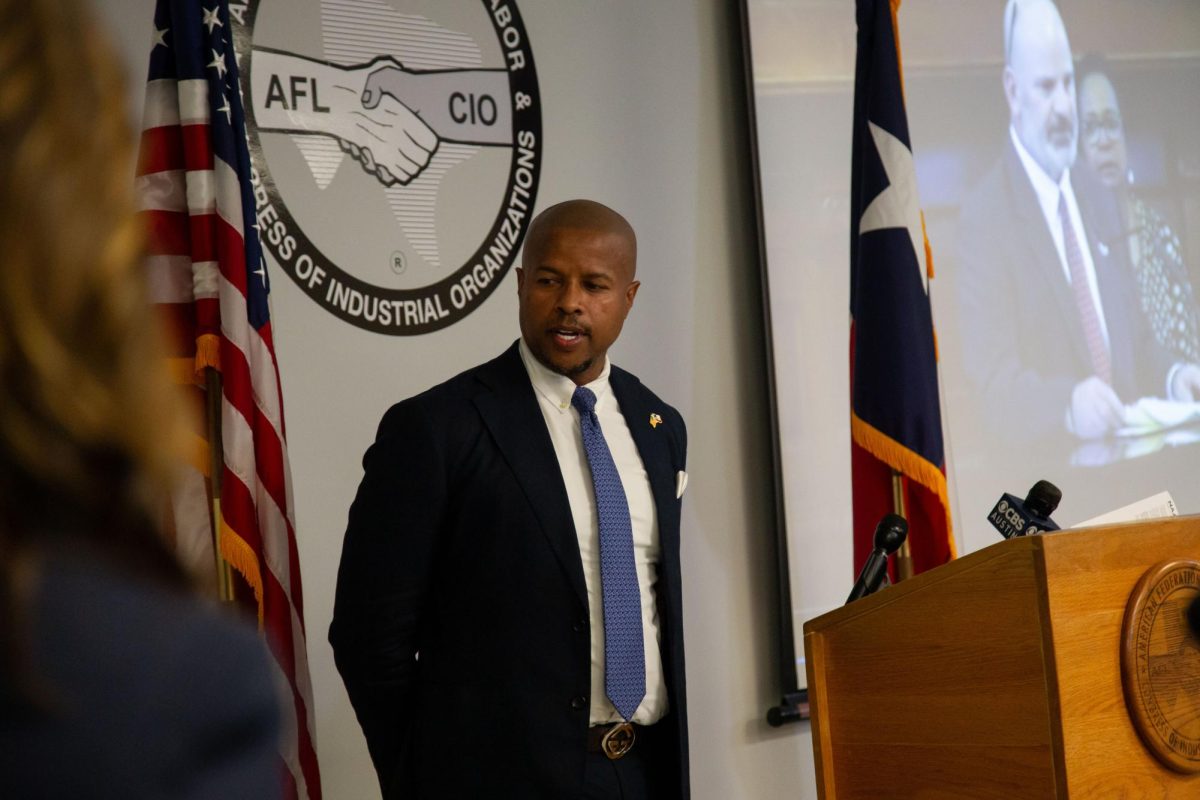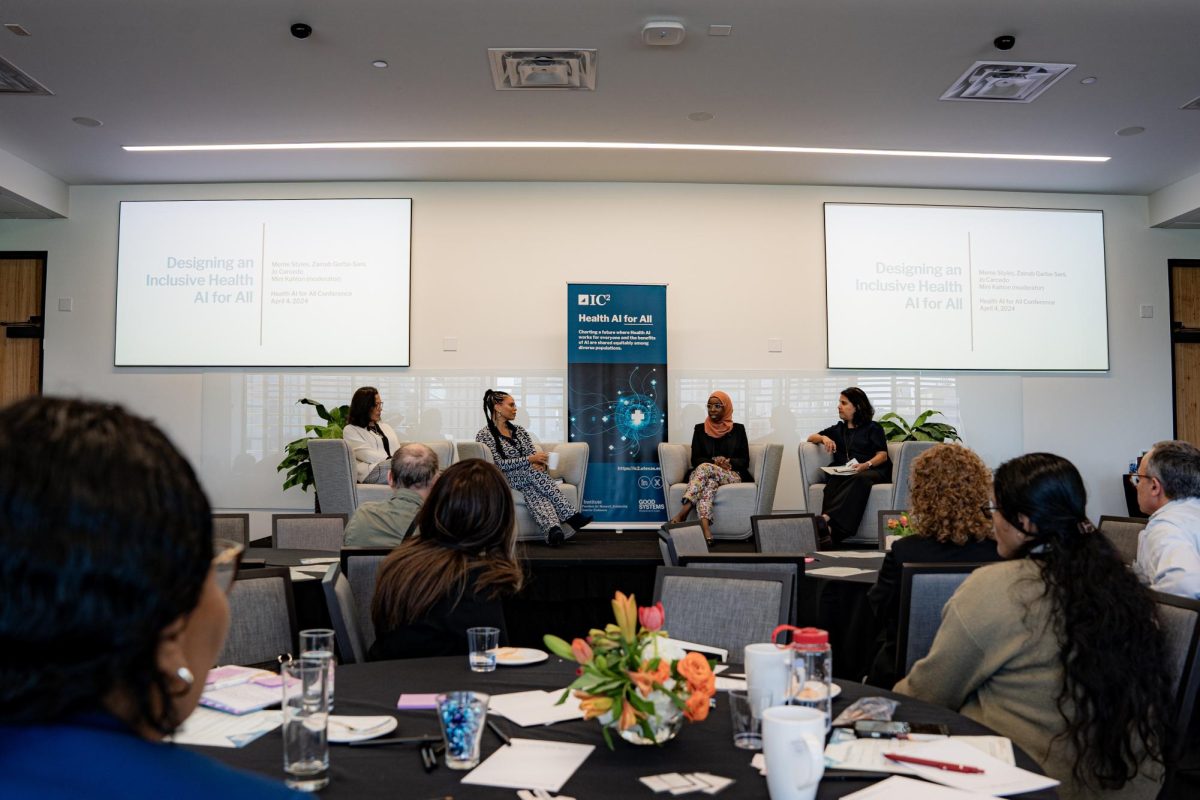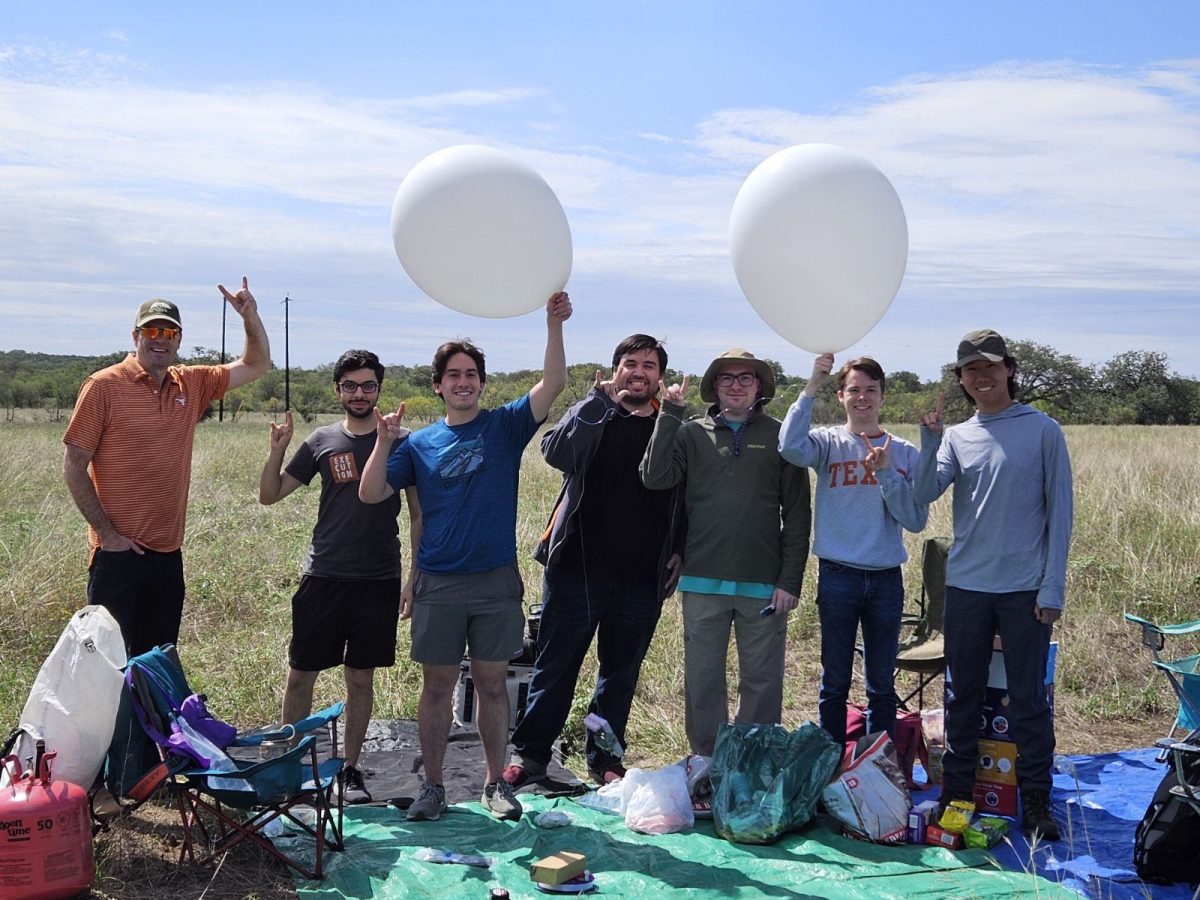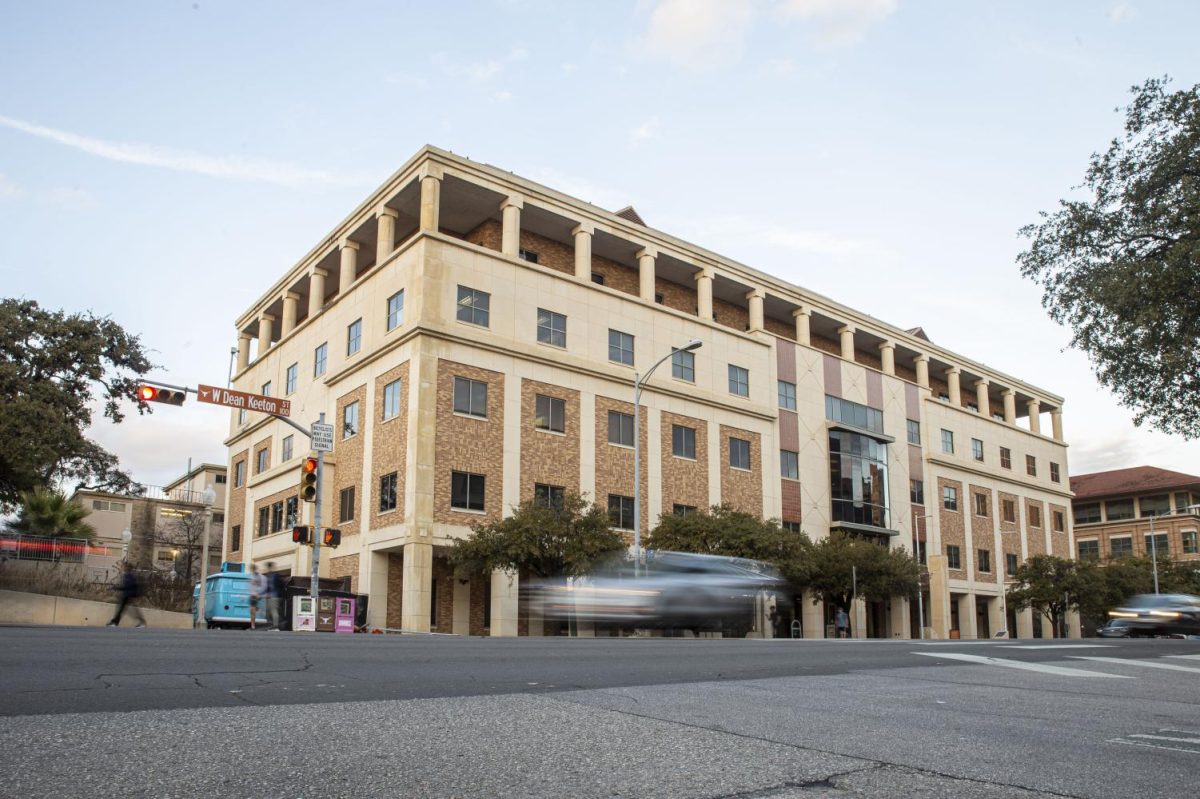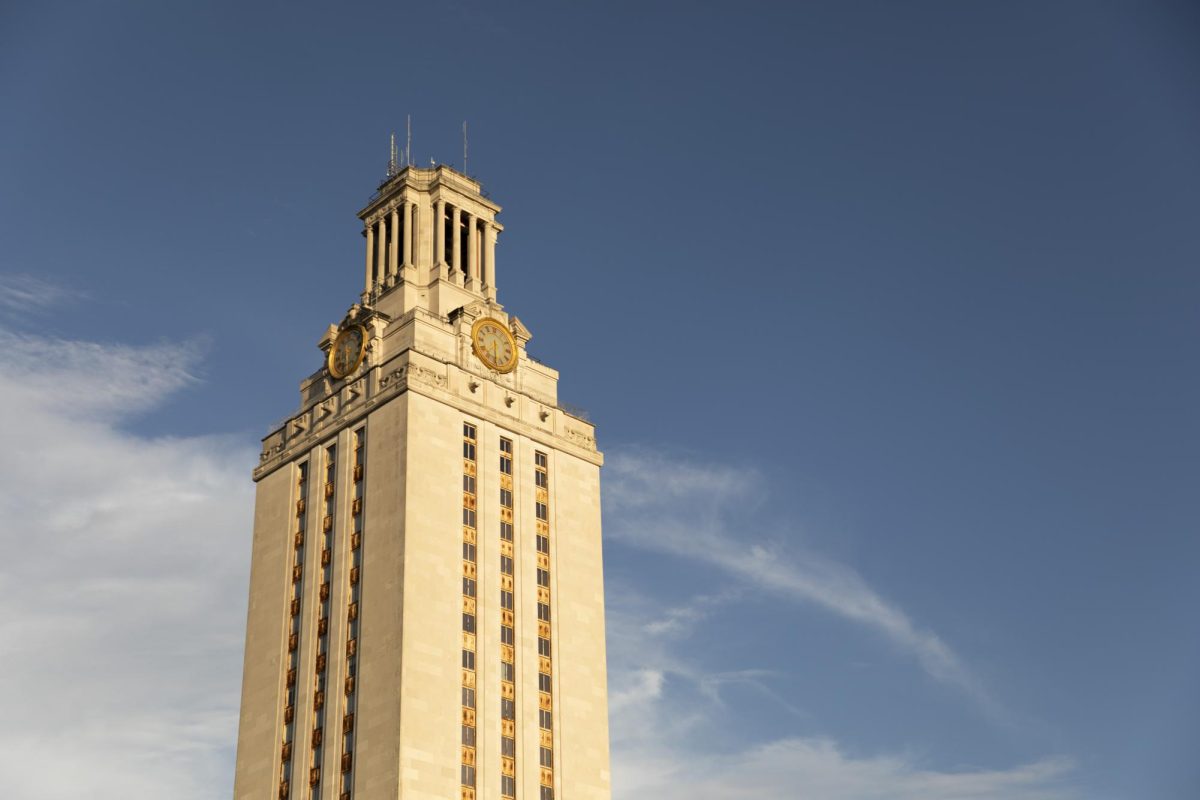Editor's note: This story was updated at 6:50 p.m. on July 10, 2012 to include more information regarding the hydrogen-electric bus's role in Austin.
Students around campus have another bus to choose from aside in addition to the burnt orange and white Forty Acres bus, one that is resoundingly green.
On June 6 at UT’s J.J. Pickle Research Campus, speakers from the UT Center for Electromechanics, Capital Metro and the Texas Commission on Environmental Quality came together to unveil a new zero emission hydrogen hybrid bus and its hydrogen fueling station. The bus runs solely on electric and hydrogen power, producing only water emissions. Over the course of the next year it will operate on UT shuttle lines, alternating between the Forty Acres and Intramural Fields routes.
This technology was funded by the Gas Technology Institute and the Texas Commission on Environmental Quality, said Michael Lewis, senior engineering scientist for UT-CEM and manager of the project.
During its one year in service, faculty and students from UT-CEM will study the bus and fueling station to help improve the feasibility of hydrogen fuel technology in the hopes that it can become more mainstream, Lewis said.
“We plan to demonstrate and evaluate the hydrogen storage used to fuel the fuel cell and also the advanced lithium ion batteries,” Lewis said, in addition to “finding the shortfalls in this technology and educating the transportation authorities on the use of alternative fuel vehicles.”
Capital Metro spokeswoman Misty Whited said the bus is part of an experiment to test the feasibility of using hydrogen-electric buses.
“The purpose is to see how the bus performs, see if it breaks down, how it performs under high temperatures,” Whited said. “They haven’t really tested the bus in warmer climates such as Austin. Another reason being that the J.J. Pickle research campus is home to one of the only hydrogen-fueling stations in the country.”
Eric Bigelow, project manager for Proterra, the bus’ manufacturer, said Austin was chosen for the pilot program because it is the perfect testing ground.
“Austin is a progressive city with a strong interest in renewable and green energy, which makes it a great fit for running the fuel cell bus,” Bigelow said. “In addition, Capital Metro has been very supportive and helpful as we work to get the bus into daily service.”
Ben Phillips, UT alumnus and UT shuttle rider, saw the study as an overdue step in the right direction in terms of UT’s environmental efforts.
“With UT making strides to promote a more sustainable campus, their diesel consumption needed to be addressed at some point,” Phillips said.
Erica McKewen, Capital Metro spokeswoman, said the experimental bus costs about three times that of a diesel-powered bus, making its implementation as a new standard impossible for the time being.
“This technology is new and very expensive right now,” she said. “This precludes it from being viable, but by participating in this type of research the idea is that we will learn more about the technology, so that improvements can be made, and it will ultimately be something that transit companies can use.”
Current Capital Metro efforts to promote environmental consciousness are always growing, McKewen said.
“We are implementing a very stringent environmental business model here at Capital Metro,” she said. “We already have a water reclamation system that saves us about 400,000 gallons of water a year, three diesel electric hybrid buses and about a dozen other environmental projects in place.”
The bus is painted with signs indicating its environmental impact, and by putting it into the community the hope is that public acceptance of such resources will rise, Lewis said.
“It’s to increase commercial acceptance and awareness of fuel technology,” he said. “We want to demonstrate it and make it known.”



